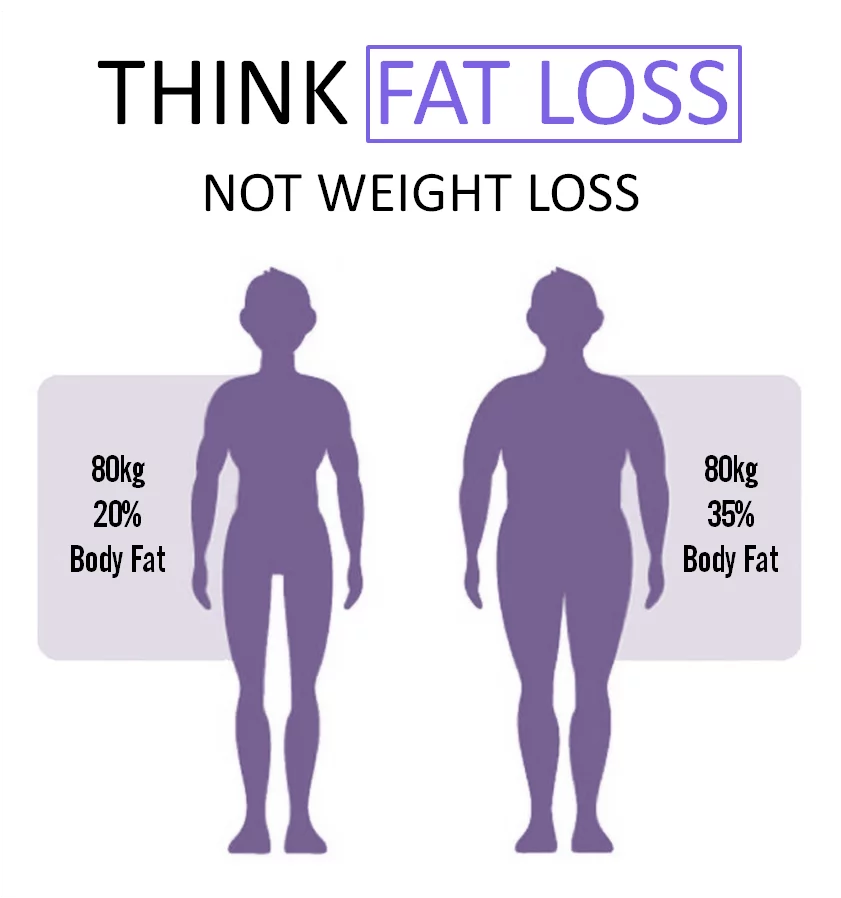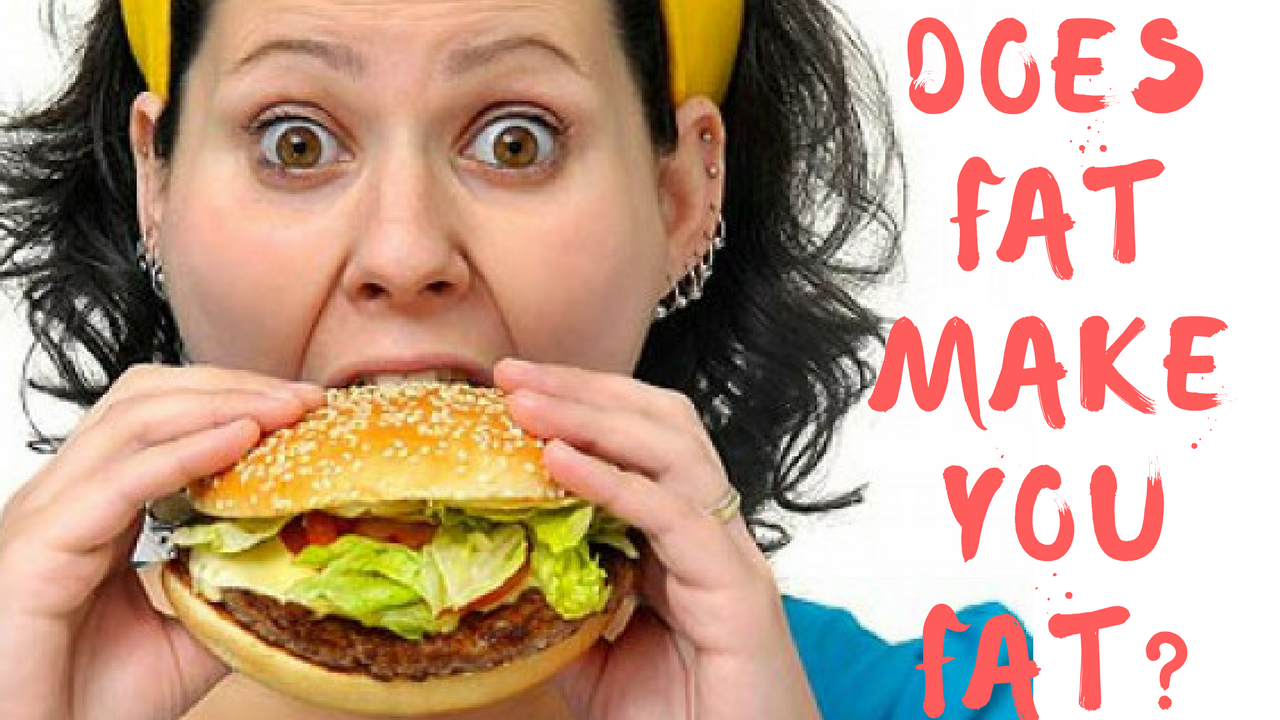|
"A pound is a pound is a pound"... that saying has gotten to your neck of the woods right? When was the last time you "pinched an inch"? Were you pinching FAT or WEIGHT (or just skin)? For most people reading this post you could probably care less as long as the number on the scale is going down and your pants size is decreasing Which is fine but for those that are obsessed with the question "what's the difference between weight loss and fat loss" guess what... I have the answer. Muscle weighs more then fat... huh?...Now i know you've heard this one before but is it true? How could two people that each weigh 220 pounds look completely different. That's because either A) the shape of their bodies is completely different (height, apple, hourglass shape etc) Or B) The person that looks smaller has a lower body fat percentage then the person that looks heavier. So does muscle weigh more then fat? The answer is no, A pound of muscle is more dense then a pound of fat but it's also smaller (similar to how iron is denser then water). The muscle you have on your body makes up anywhere from 30-55% of your body weight and can be about 4 times smaller then a pound of fat. Hey... what about water weight?Your body is made of about 65% water, so water certainly does account for a large portion of your weight. What about the water / carb connection? Carbs are like a sponge and every gram of carbs cause your body to retain 3 grams of water That's why diets such as the atkins diet cause people to lose significant amounts of weight in the first 2 or so weeks... Cut carbs = water loss. How can I make sure I'm losing fat and not weight?There is no way that you can burn just fat but there are some ways that you can get your body to use primarily fat as an energy source.
*Get strong... strength training helps you building muscle and prevent muscle loss. Fat is also the main source of energy for your muscles so by building more muscle you'll automatically burn more fat. *Eating healthier... by providing your body with better quality nutrients you'll put your body in a better position to rebuild muscle tissue after your high intensity strenth training which will allow you to build new muscle tissue and burn greater amounts of fat. So focus on fat loss first, pay attention to the way your clothes fit as well as the numbers on the scale because those two factors will give you a much more complete picture!
0 Comments
This one question is probably the one nutrition question that I've had the pleasure of answering the most over the past 26 years of my career and today I plan on answering it for the final time (NOT!). I can understand why some may think that fat would make you fat, I mean... it is fat right and you should gain more of what you eat right? well if that were the case then why don't we gain more muscle just by eating more protein (Isn't protein the building block of muscle)? although common sense would argue in it's defense the subject goes a little deeper... lets dive right in and investigate the question: "DOES FAT MAKE YOU FAT?"
The idea that fat causes weight gain seems to come from that fact that fat has nine calories per gram while carbohydrates and protein have only four calories per gram. If you look at it that way then its easy to conclude that fat would be the main cause of weight gain. We've also been told since the early 70s that eating fat causes heart disease, In fact, this idea has been the cornerstone of mainstream nutrition recommendations. However, studies published in the past few decades prove that saturated fat is not as harmful as once thought. There was a huge study published in 2010 and it looked at data from 347,747 individuals. They found absolutely no association between saturated fat consumption and the risk of heart disease. So now we have a new question... if fat isnt making us fat what is? In general there is one thing (that we have control over) that makes us fat and that one thing is... EATING TO MANY CALORIES. This one should be common knowledge by now. you eat more then your body requires at any one given time and your body stores the excess as fat. That goes for any thing that you eat... to many carbs = fat, to much protein = fat and to much fat = fat. So it's not just fat that we need to be concerned with. So fat... you are officially off the hook for americas obesity problem but i got my eye on you! |

